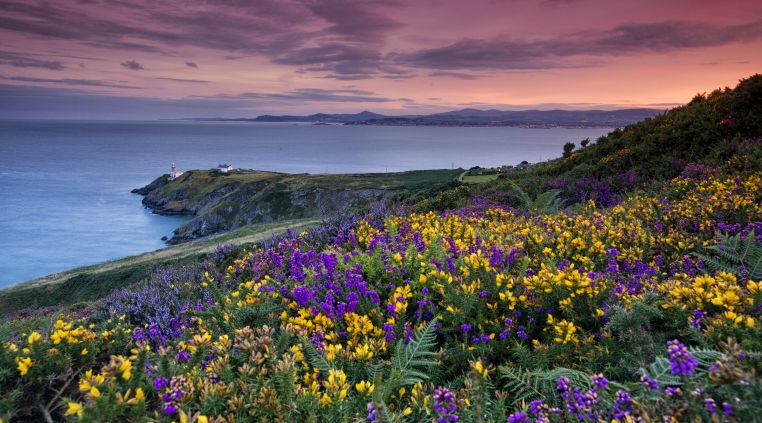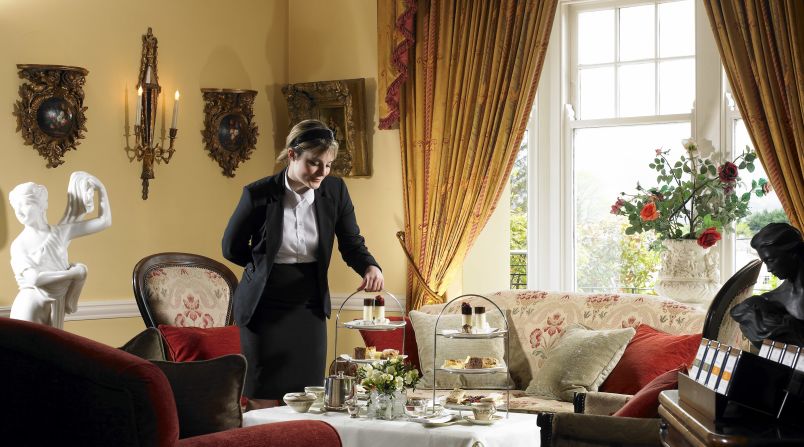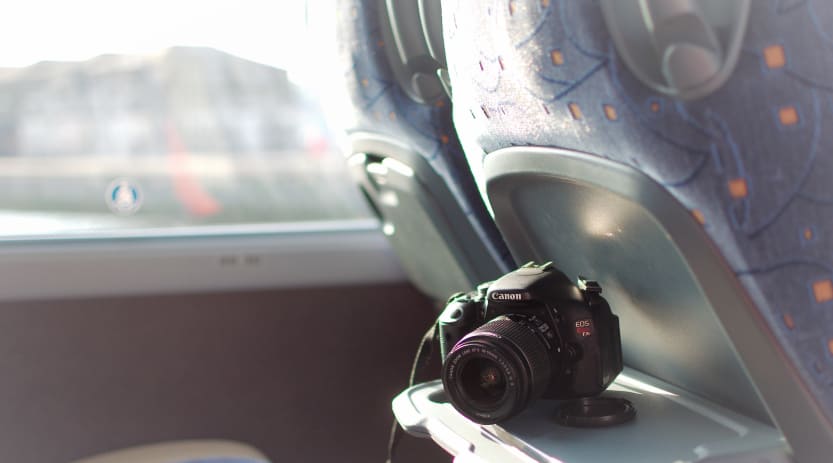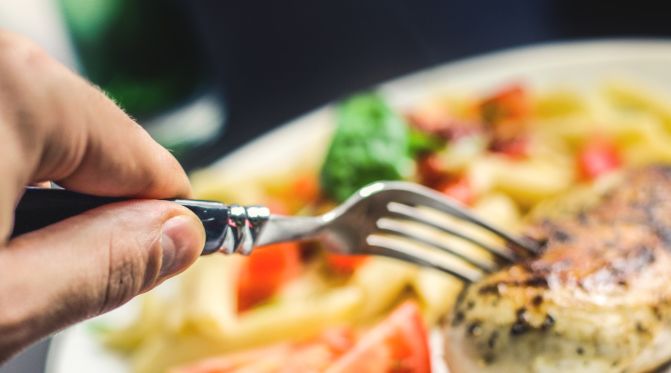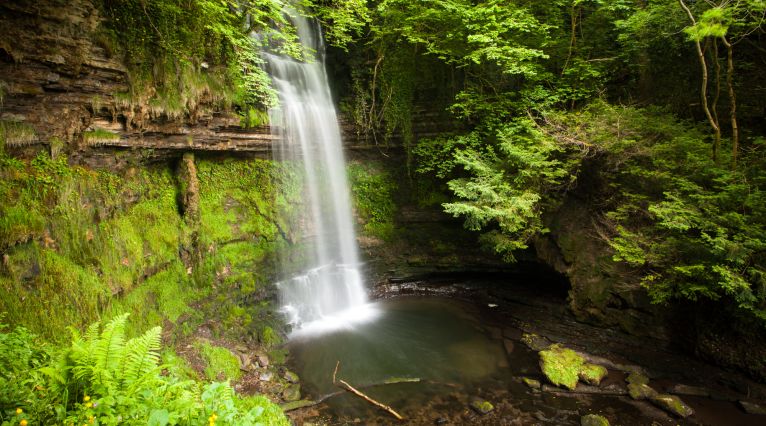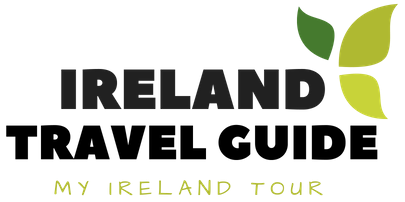Prices and budgeting
To give you some idea of costs a lunch of soup and sandwich with tea/coffee would be about €10-12 per person.
A pint of Guinness will range from about €6.50 in Dublin to about €5.50 in Cork/Kerry. In a bar/pub a Gin & Tonic would be about €10.00, and a glass of wine would cost around €7.50.
Souvenirs range from as little as €2.50 for a postcard and €3.50 for a magnet, and up to €25.00 for a Plate with Irish Blessing.
Driving in Ireland
Both the Republic of Ireland and Northern Ireland drive on the left. The legal age to drive in Ireland is 17 yrs old.
There are plenty of locations to hire cars in Ireland, including at all the airports. It is usually possible to hire the car from one location and return it to a different one.
From Dublin, all the other major cities (Cork, Galway, Limerick & Belfast) are within a few hours' drive, so Ireland is an easy country to self-drive.
Please note: if you are used to North American roads, you may find our Irish roads rather narrow and windy!
Gratuities and Tipping
Ireland does not have a strong tipping culture. We only tip in restaurants, taxis and for personal services. All tips are at your discretion and are around 10%.
Escorted Tours
On our escorted tours: If you are extremely happy with your driver-guide, which we know you will be, then a typical gratuity would be 10.00 to 15.00 Euro per person, per day. This would normally be given at the end of the tour.
If you are on the 18-Day Discover Britain & Ireland Tour, where there is both a driver and a tour manager, then a gratuity of 15.00 Euro per guest, per day, would be considered an excellent tip.
Private Tours
On our private tours: If you are extremely happy with your driver-guide, which we know you will be, then a typical gratuity would be 15.00 to 20.00 Euro per person, per day. This would normally be given at the end of the tour.
Banks
Banks are typically open between 10.00 am and 4.30 pm Monday to Friday. Some banks also open on Saturday mornings, usually from 10 am to noon. There are ATM (cash) machines outside most banks in Ireland.
Airports and flights
The Main Transatlantic airports are Dublin and Shannon. There are also Airports in Belfast, Cork, Kerry and Knock (Ireland West Airport). The Irish National Carrier is Aer Lingus, though many international airlines do transatlantic flights into Ireland. For European flights then Ryanair and Aer Lingus are the main two, though again there are countless other airlines doing flights from Ireland to the rest of Europe.
Travelling alone
Ireland is a great destination for solo travellers. North and south, it is a very safe place to visit and you will find most people to be friendly and welcoming. Statistically, it is among Europe's safest travel destinations. Click here to find out more about travelling solo in Ireland.
Language
English is the main language spoken, but you will see some road signs and place names written in Irish Gaelic. There are many Irish-speaking areas in the west of Ireland, but everyone who has Irish as a first language also speaks English.
Time zone
Ireland is part of the same time zone as London. During the winter, the time is Greenwich Mean Time (GMT). From last Sunday in March until the last Sunday in October, Ireland moves its clocks forward from GMT by one hour (GMT+1). Smartphones and similar devices will usually detect the correct time zone when they connect to WiFi. Your airline will also tell you the local time when you land.
Driving in Ireland
Both the Republic of Ireland and Northern Ireland drive on the left. The legal age to drive in Ireland is 17 yrs old.
There are plenty of locations to hire cars in Ireland, including at all the airports. It is usually possible to hire the car from one location and return it to a different one.
From Dublin, all the other major cities (Cork, Galway, Limerick & Belfast) are within a few hours' drive, so Ireland is an easy country to self-drive.
Please note: if you are used to North American roads, you may find our Irish roads rather narrow and windy!
Smoking in Ireland
The Republic of Ireland and Northern Ireland have introduced a complete ban on smoking in all workplaces, including bars and restaurants, in an effort to protect public health. While there are a small number of hotels that allow smoking in designated bedrooms, smoking is prohibited in every other part of a hotel in Ireland.
This law was introduced on March 29th, 2004 in the Republic of Ireland and on July 1st, 2007 in Northern Ireland.
Making Calls
Calling home from Ireland
The international prefix used when dialling somewhere outside of Ireland is 00. To call a US phone number from Ireland, the phone number should begin 001. For Australia, the number should begin 00 11. See here for a full list of Country Calling Codes.
Calling Ireland from home
The Irish country code is +353. To call an Irish number from United States/Canada the number would be 011 353. To call an Irish number from Europe the number would be 00 353. To call an Irish number from Australia the number would be 0011 353. To call My Ireland Tour offices you would dial:
- From United States/Canada:
- 011 353 21 2379006
- From Europe:
- 00 353 21 2379006
- From Australia:
- 0011 353 21 2379006
Clothing
Bring a good rain jacket. There can be rain showers on the Atlantic coast. The average temperature is 50 F. Not too hot and not too cold. Weather can be changeable but it's rarely extreme. Packing layers, that you can add or remove easily, is advisable throughout the year. For up to date weather forecasts please see met.ie.
During the day as you tour around casual clothing is the order of the day. In the evenings in the hotel dining rooms and bars, smart casual would be the norm. (If you wish to step it up a bit further for example in 5-star Lough Eske Castle and 4-star Ballynahinch Castle you would not look out of place).


